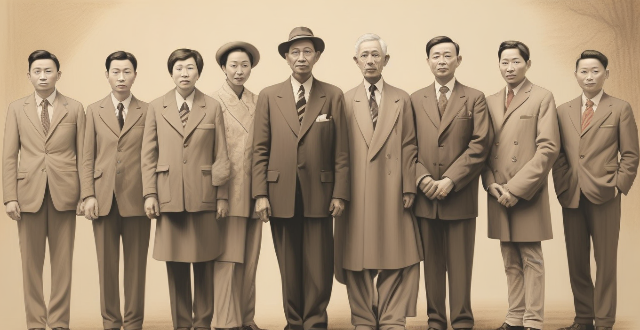Developing countries play a significant role in climate summit discussions by contributing to mitigation efforts, adaptation strategies, and technology transfer. However, they face challenges such as limited resources, unequal responsibility, and lack of representation. It is crucial to recognize and address these challenges to ensure that developing countries are adequately represented and supported in climate negotiations.

Role of Developing Countries in Climate Summit Discussions
Introduction
Climate summit discussions are crucial for addressing global climate change, and developing countries play a significant role in these discussions. This article will explore the role of developing countries in climate summit discussions, highlighting their contributions and challenges.
Contributions of Developing Countries
Mitigation Efforts
Developing countries contribute to mitigation efforts by adopting renewable energy sources, improving energy efficiency, and reducing greenhouse gas emissions. They have implemented policies and measures to promote sustainable development and reduce their carbon footprint.
Adaptation Strategies
Developing countries are vulnerable to the impacts of climate change, such as floods, droughts, and storms. They have developed adaptation strategies to cope with these challenges, including building resilience through infrastructure improvements, disaster risk reduction, and ecosystem restoration.
Technology Transfer and Capacity Building
Developing countries rely on technology transfer and capacity building to address climate change effectively. They collaborate with developed countries and international organizations to access advanced technologies, knowledge, and financial resources needed for climate action.
Challenges Faced by Developing Countries
Limited Resources
Developing countries often face limited resources, both financially and technologically, which can hinder their ability to implement effective climate actions. They may lack the necessary infrastructure, expertise, and funding to undertake large-scale projects or adopt new technologies.
Unequal Responsibility
The historical responsibility for greenhouse gas emissions is unequal between developed and developing countries. Developed countries have contributed more significantly to the accumulation of greenhouse gases in the atmosphere, while developing countries are disproportionately affected by the consequences of climate change.
Lack of Representation
Despite their significant contributions to climate change, developing countries often lack representation in climate negotiations. Their voices may be marginalized or ignored due to power imbalances between developed and developing countries.
Conclusion
In conclusion, developing countries play a crucial role in climate summit discussions by contributing to mitigation efforts, adaptation strategies, and technology transfer. However, they face challenges such as limited resources, unequal responsibility, and lack of representation. It is essential to recognize and address these challenges to ensure that developing countries are adequately represented and supported in climate negotiations.